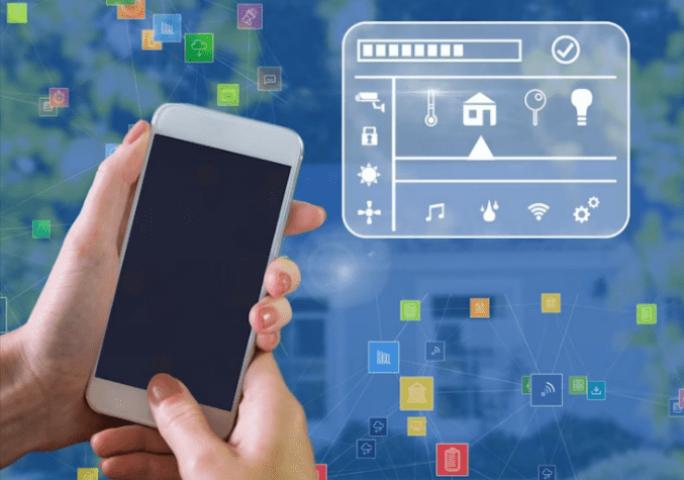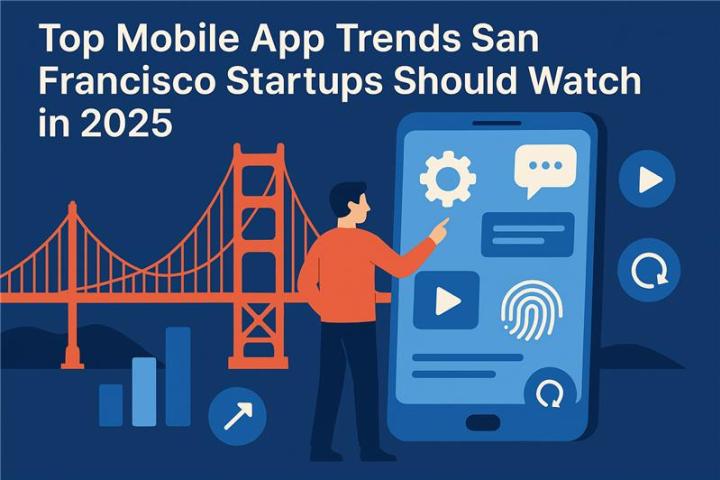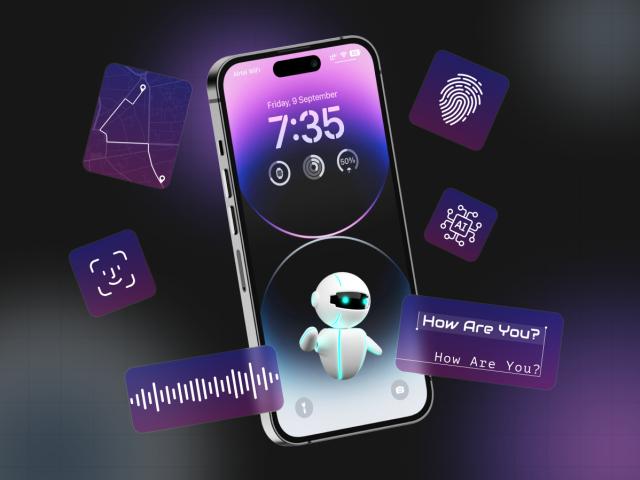Mobile technology has transformed the way we live, work, and connect with the world. What started as bulky, voice-only devices has evolved into sophisticated mini-computers that power our daily activities. Understanding this evolution provides insight into where we are headed next.
From Simple Communication to Smart Connectivity
The first generation (1G) of mobile networks in the 1980s was a breakthrough, enabling wireless voice calls. However, the devices were large, expensive, and had limited coverage. The 1990s saw the rise of 2G networks, introducing digital encryption, SMS messaging, and early forms of mobile internet. This set the stage for the smartphone revolution.
With 3G in the early 2000s, mobile data became more accessible, leading to the rise of social media and mobile apps. The launch of 4G in the 2010s took things further, enabling high-speed streaming, real-time gaming, and app-based businesses like Uber and Airbnb. Today, 5G is reshaping industries with ultra-fast connectivity, lower latency, and enhanced capacity, setting the foundation for smart cities, autonomous vehicles, and the Internet of Things (IoT).
Beyond Hardware: The Role of AI and Cloud Computing
The evolution of mobile technology is not just about network speed—it’s also about intelligence. AI-powered assistants, real-time language translation, and personalized recommendations are now common. Cloud computing allows seamless access to data across devices, enhancing productivity and collaboration. As mobile devices become smarter, they are integrating more deeply with our daily lives, from health tracking to augmented reality experiences.
The Future: What’s Next for Mobile Innovation?
Looking ahead, mobile technology is expected to become even more immersive and integrated. Foldable devices, wearable tech, and brain-computer interfaces could redefine human-device interaction. 6G, expected around 2030, promises speeds that will make today’s 5G seem slow, enabling real-time holographic communication and even more advanced AI applications.
For startups, this rapid evolution presents endless opportunities. Whether in fintech, health tech, or entertainment, leveraging mobile advancements can create groundbreaking solutions. The question isn’t just how mobile technology will evolve, but how businesses will innovate alongside it.


















